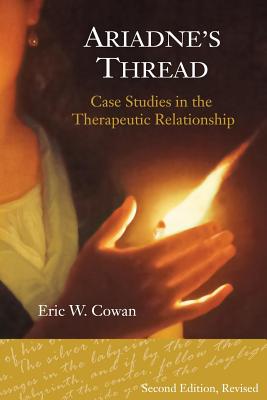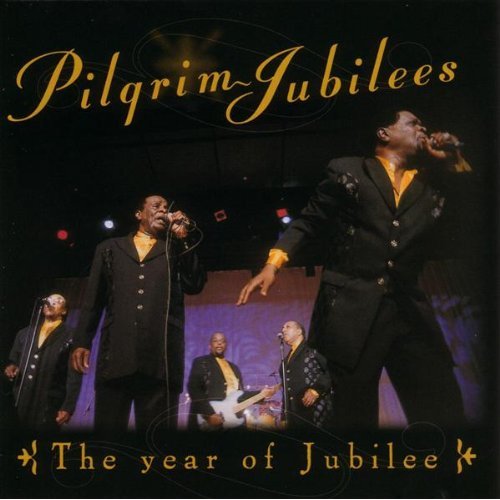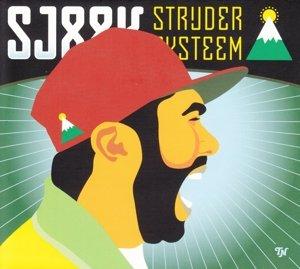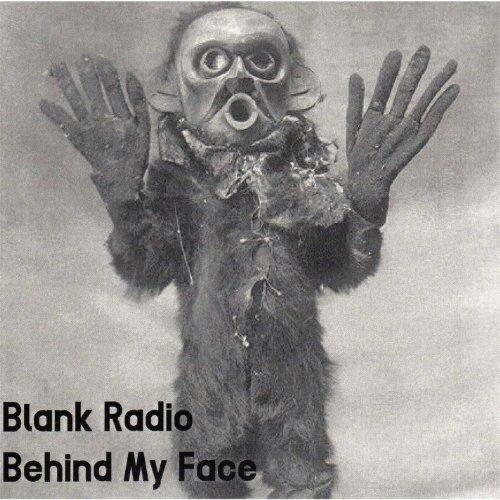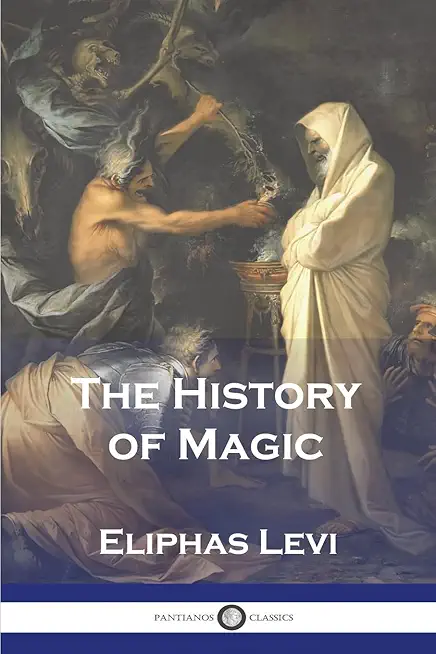
Beginning with the earliest allusions to magical phenomena in the Hebrew texts of antiquity, we are taken through centuries of incidents relating to practitioners of magic. Many of the accused were members of the priesthood, said to be practicing some form of dire sorcery; opposition was such that laws against magic appeared in ancient statutes, with various incidents recorded in writings of old including religious texts such as the Bible.
Magic's significance would resurface frequently through the ages, with intellectuals of ancient Greece and Medieval Europe alluding to its practice. The mysteries of alchemy, which served as both a philosophical outlet and pre-scientific facet for experiment, were intertwined with magic and the occult. Certain processes like transmutation - whereby one material could be converted to another, for example changing lead into gold - were famous for stimulating interest in the arcane.
Eliphas Levi attracted favor in life for the depth and scholarly detail with which he covered subjects of the occult and the arcane arts. His popularity was greatest in his native Paris, together with various artistic and intellectual communities in London.
